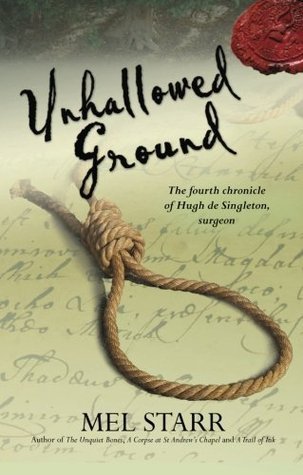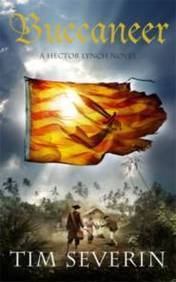Missive #346 Published 13 September 2024
52. How Old is Nasruddin’s Wife?
One evening Nasruddin turned to his wife and asked, “How old are you?”
“I don’t know,” she replied.
“What do you mean you don’t know? You keep track of everything!” Nasruddin exclaimed. “You know how many knives and forks we have, and how many pots and pans. You could probably tell me how many grains of rice there are in the pantry. How can you not know how old you are?”
“I keep household accounts so that I’ll know if someone steals something,” she replied. “But nobody is going to steal my age, so what’s the point in keeping track?”







